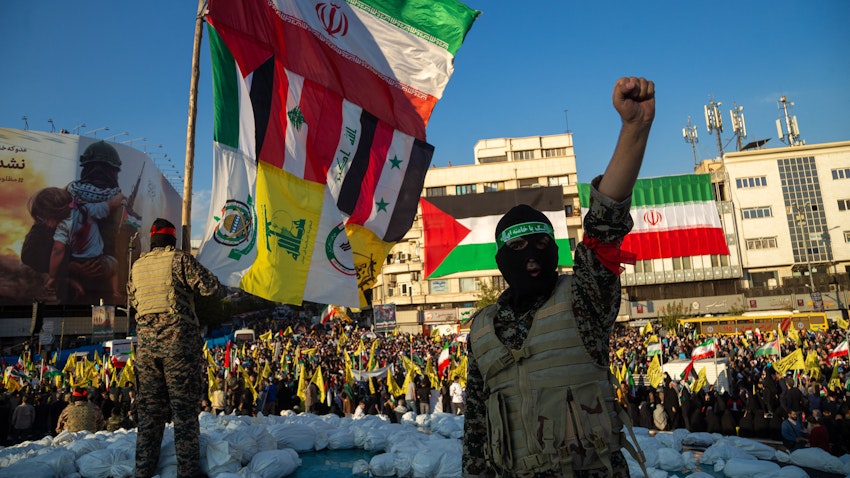Quick links
© 2020 amwaj.media - All Rights Reserved.

Iran’s presidency is in Reformist hands for the first time in two decades. During campaigning, Masoud Pezeshkian declared a commitment to reach out to the west with the aim of lifting sanctions. At the same time, his first call to a foreign leader was reportedly with Hezbollah leader Hassan Nasrallah. These dynamics indicate a fine balancing act—and that engagement with the west is likely to cover Iran’s nuclear program and regional policies.
Amwaj.media invited three prominent experts to share their insights on whether Iran will ever compromise over its role within the 'Axis of Resistance’. The Tehran-led regional alliance network brings together Iraqi Shiite armed groups, Lebanese Hezbollah, Palestinian factions including Hamas, the Syrian government, and Yemen’s Ansarullah movement—better known as the Houthis.